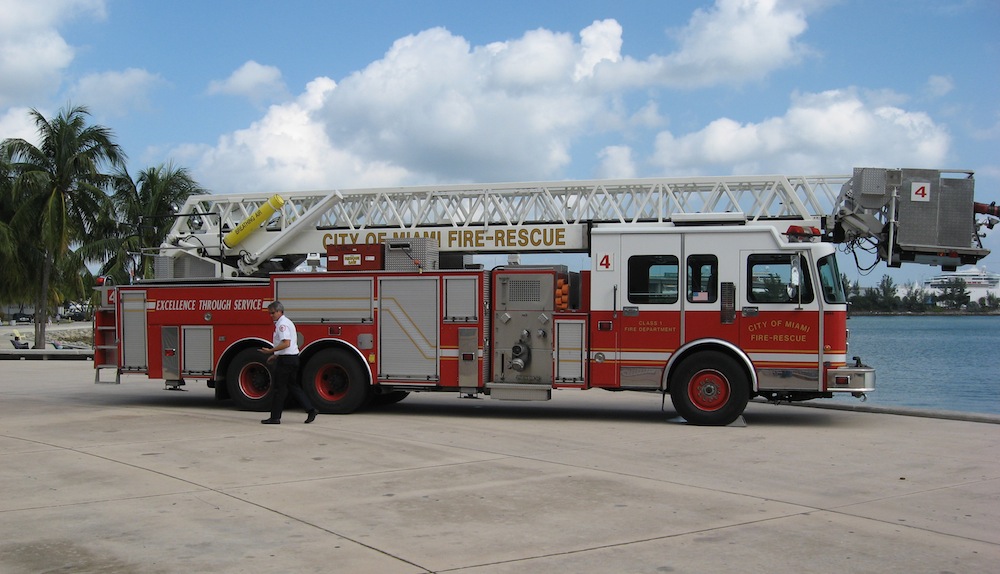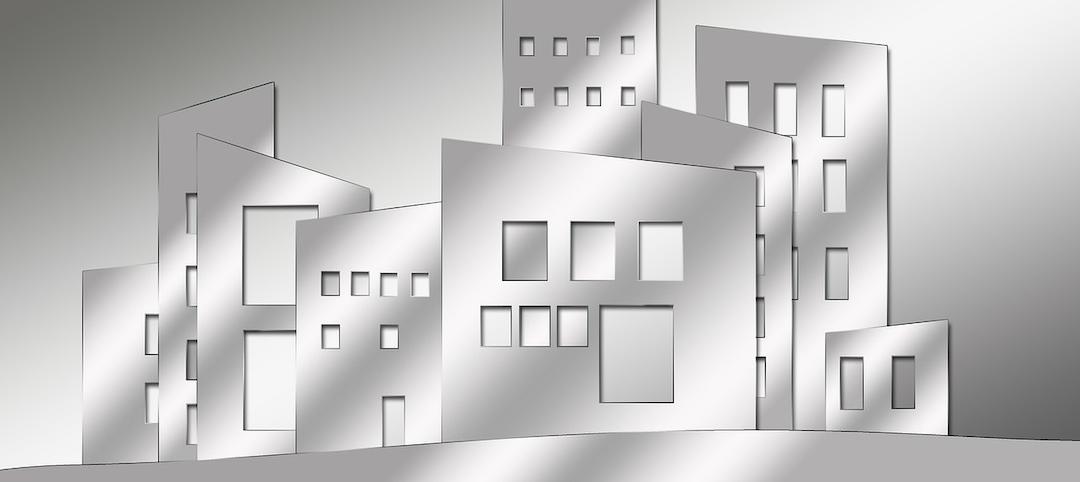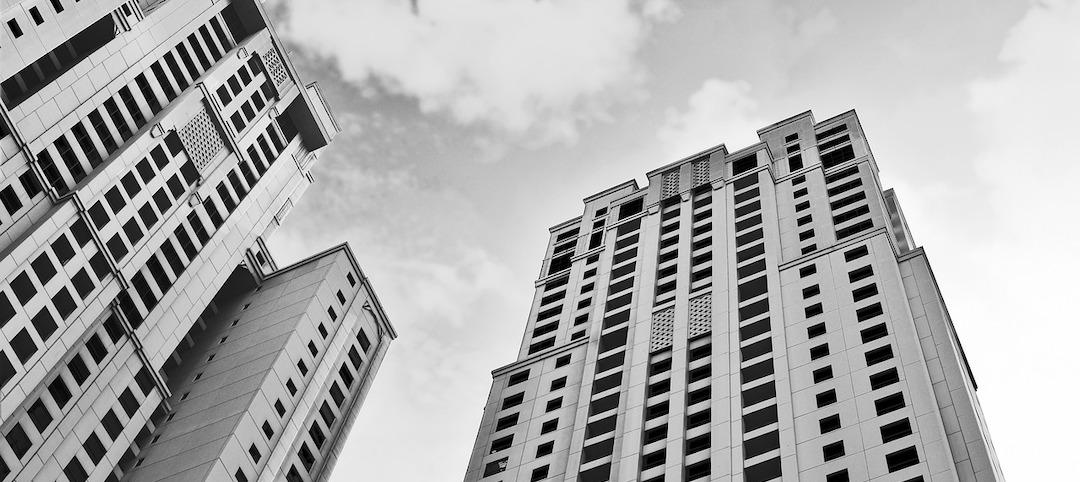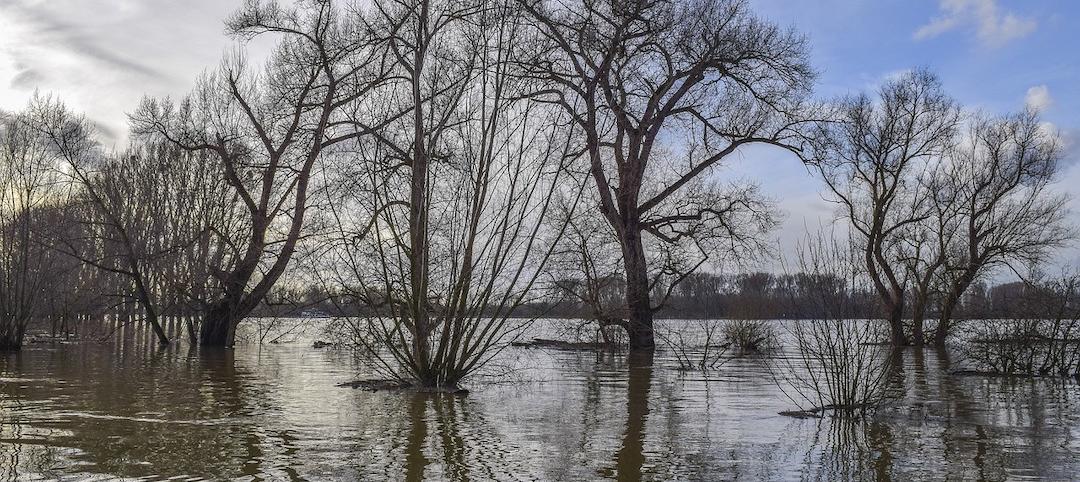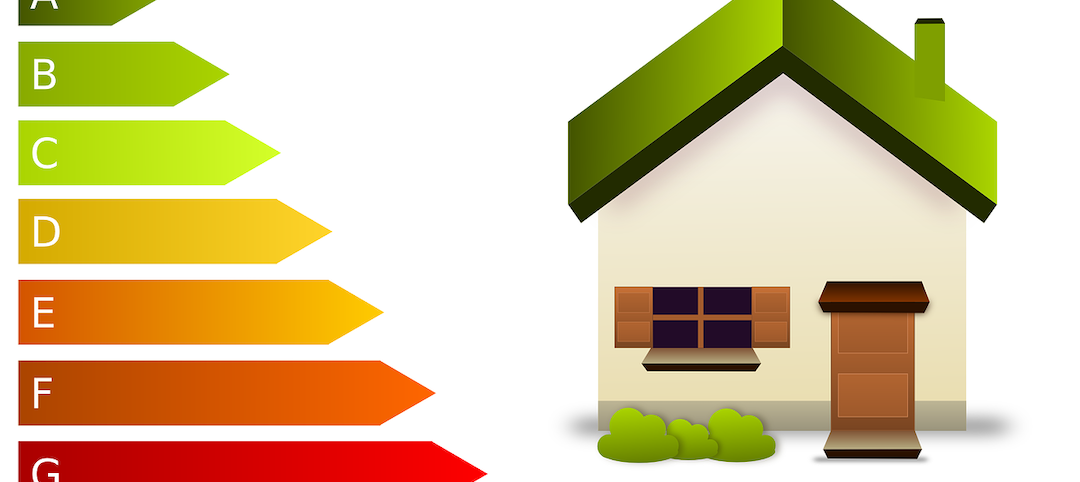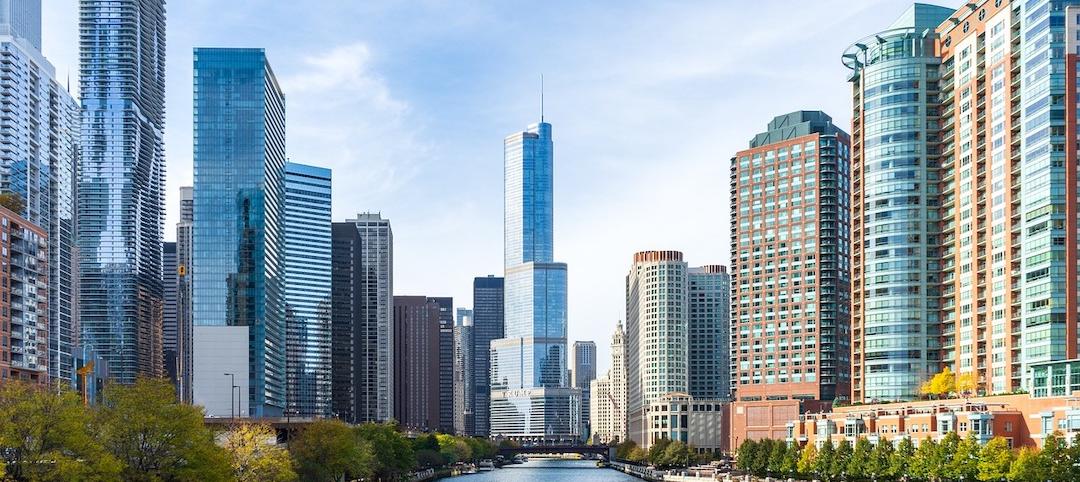New Florida building code legislation will allow building owners to postpone for several years a requirement for all new and existing buildings to provide minimum radio signal strength for fire department communications.
The code change that requires installation of necessary equipment and wiring in most commercial and multi-family buildings was to go into effect immediately, with no grace period. The provision, which necessitates opening up sections of walls and ceilings, has been estimated to cost over $1 million for some large structures.
A recently enacted update to the legislation provides for existing non-residential buildings to install the radio enhancement systems by Jan. 1, 2022, if owners submit their application for the installation permit by Dec. 31, 2019. Existing apartment buildings (including residential condominiums) are not required to install radio enhancement systems until Jan. 1, 2025, if they apply for the appropriate permits by Dec. 31, 2022.
The legislation now allows unit owner associations to stretch out special assessments over a number of years.
Related Stories
Codes and Standards | Feb 18, 2022
Proposal would make all new buildings in Los Angeles carbon-neutral
Los Angeles may become the next large city to ban fossil fuels from new construction if legislation recently introduced in the city council becomes law.
Codes and Standards | Feb 18, 2022
U.S. Army outlines ambitious renewable energy and decarbonization goals
Net-zero emissions in all procurements and a microgrid at every base among aims.
Codes and Standards | Feb 17, 2022
Pandemic won’t alter urban planning
City planners focused on returning to ‘old normal’.
Codes and Standards | Feb 16, 2022
California court rules affordable housing developers exempt from local zoning
Case could set precedent on state law that overrides local rules.
Codes and Standards | Feb 15, 2022
FORTIFIED resiliency standard expanded to include multifamily sector
Voluntary, beyond-code program aims to protect buildings from severe weather.
Codes and Standards | Feb 10, 2022
Number of Americans at risk of flooding to double in 30 years
Most new risk from new development, not climate change.
Codes and Standards | Feb 10, 2022
Intl. Code Council committee on diversity seeks applicants
New board aims to increase diversity in the membership association.
Codes and Standards | Feb 9, 2022
Climate impact of gas stoves in U.S. equal to half a million cars
New study could increase momentum to ban fossil fuels in new buildings.
Codes and Standards | Feb 7, 2022
Energy efficiency ratings not reflecting true energy use
Highest rated U.K. buildings are less efficient than lower rated ones.
Codes and Standards | Feb 3, 2022
Illinois tops USGBC list of states with the most LEED certified projects in 2021
Top 10 states plus D.C. certified more than 247 million gross square feet.


